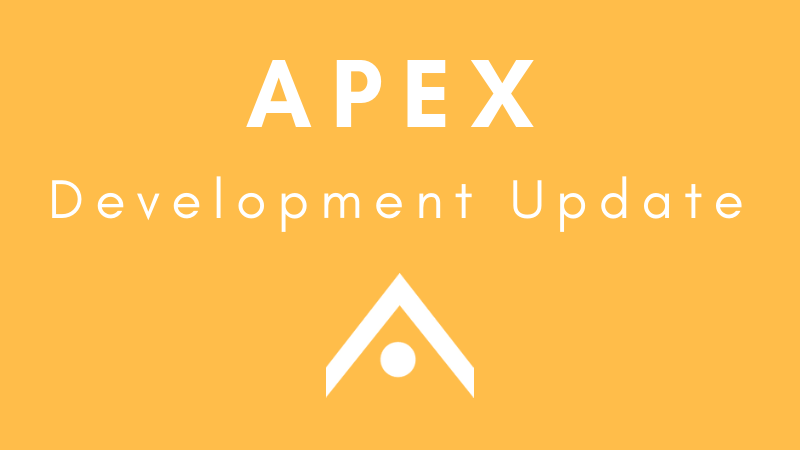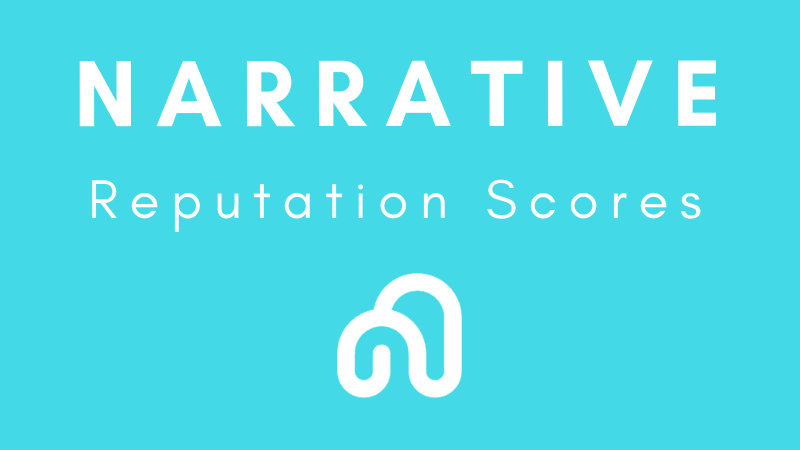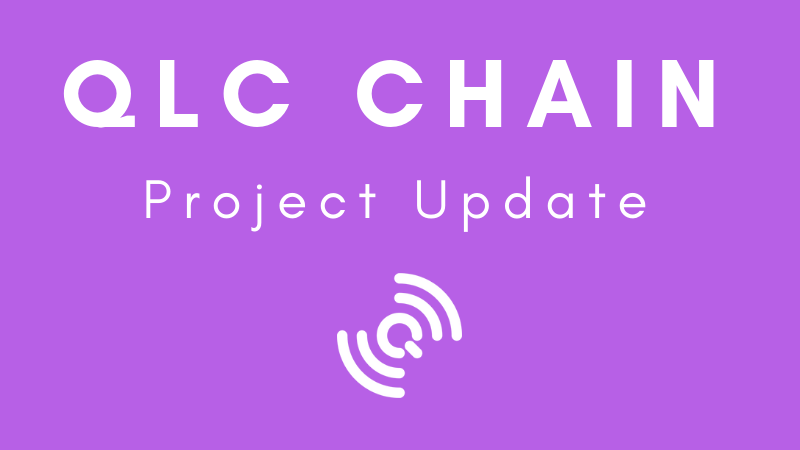
APEX Network recently released a progress update following the launch of its TestNet. The development team reports that it has been focussing on stability testing, upgrades, and implementing planned features. The update includes information on the blockchain team, wallet development, the state of its TestNet, and dApp deployment.
The APEX team continues to grow
APEX claims it exceeded its 2018 goal of bringing on 35 employees, with 40 staff members now on the blockchain team. The staff is comprised of 3 managers and 37 developers split among the wallet, blockchain, and ecosystem branches.
APEX Network will continue to “aggressively” hire new employees, and aims to have around 60 employees around the time of the launch of MainNet.
APEX is seeking talented employees that have an understanding of:
- Core algorithms such as digital signatures, zero-knowledge proofs, P2P networks, and virtual machine development.
- Principles of constructing a blockchain economic model.
- Core usage scenarios.
APEX Wallet updates
A comprehensive update on the APEX Wallet focussed on improving “stability, availability, and error tolerance of the backend services combined with improving the usability of the app.”
The team has worked on issues with NEO transaction analysis, where block explorers have had intermittent difficulties with transaction records. After several iterations of code, the issue has mostly been resolved.
In the future, APEX will focus on the data service of the application.
TestNet progress
The APEX TestNet is live and producing new blocks every 0.5 seconds, with blocks being confirmed by the consensus nodes within a few seconds. The team adopted a consensus model similar to that of EOS, in that it “basically has no major fork issues.” Eventually, APEX aims to achieve 390,000 transactions per second.
While developing its own blockchain, APEX ran into issues surrounding the block rollback mechanism and block consensus. After many code iterations the team feels as if the issues have sufficiently been corrected.
The current version of the TestNet website offers users the ability to see the latest blocks, the number of transactions, recent trading volumes, and the number of active accounts. In addition to the website, APEX is also developing a “full public block explorer.”
It is expected the smart contract module will take three months to complete. In addition to the smart contract, APEX will focus on the development of the ecosystem’s economic model.
Lastly, APEX Technologies is considering introducing more programming languages in an effort to lower barriers to develop smart contracts on its blockchain.
Decentralized applications on the APEX blockchain
Once the APEX network is fully functional, the team will focus on the development of enterprise dApps, so that these customers can quickly begin using the blockchain. APEX will use the dApps as a “part of the cross marketing efforts for APEX Network and NEXUS to new enterprises.”
APEX plans to release pilot dApps as SDKs for enterprise customers to use, so they can develop to meet their needs. The team stated “lowering the threshold for developers to start developing dApps [is] perhaps even more important than us developing dApps ourselves.”
The full project update can be found at the link below:
https://medium.com/apex-network/apex-network-development-progress-update-194a3ac95820







About The Author: Dylan Grabowski
Dylan is a reformed urban planner with a passion for covering the Neo ecosystem. His objective as a writer for Neo News Today is to report news in an objective, fact-based, non-sensational manner. When not behind a computer screen, he can be found in the mountains rock climbing. Find Dylan on Twitter (@GrabowskiDylan).
More posts by Dylan Grabowski